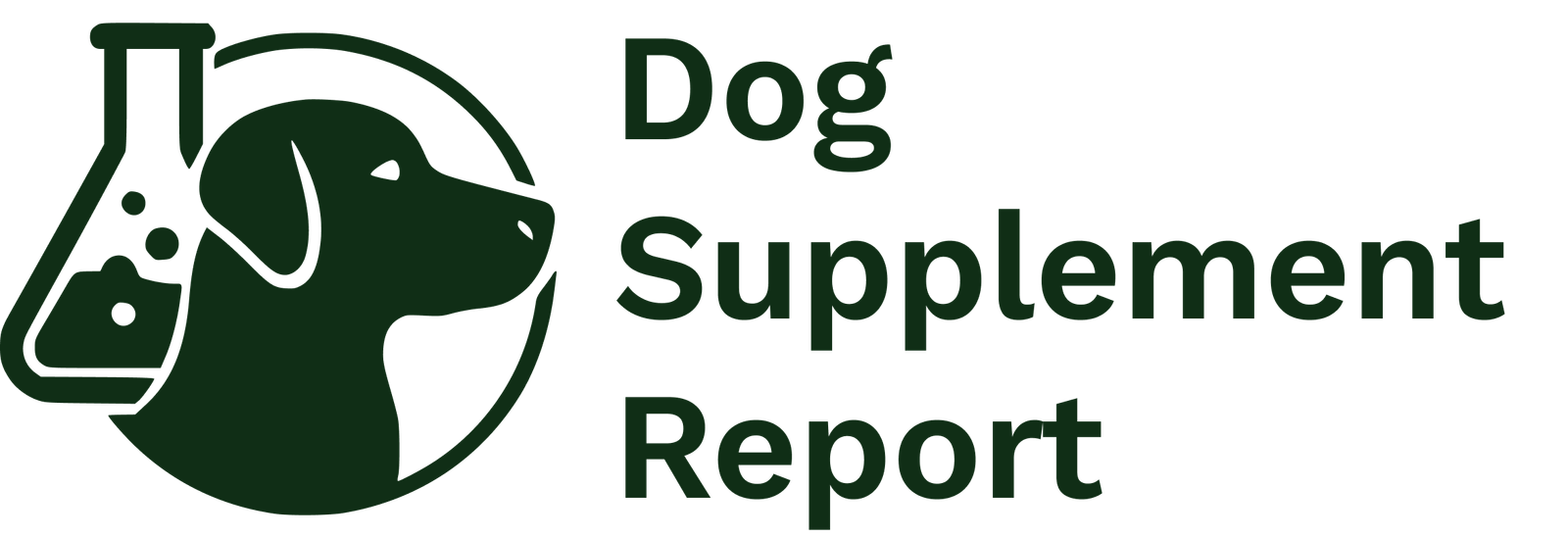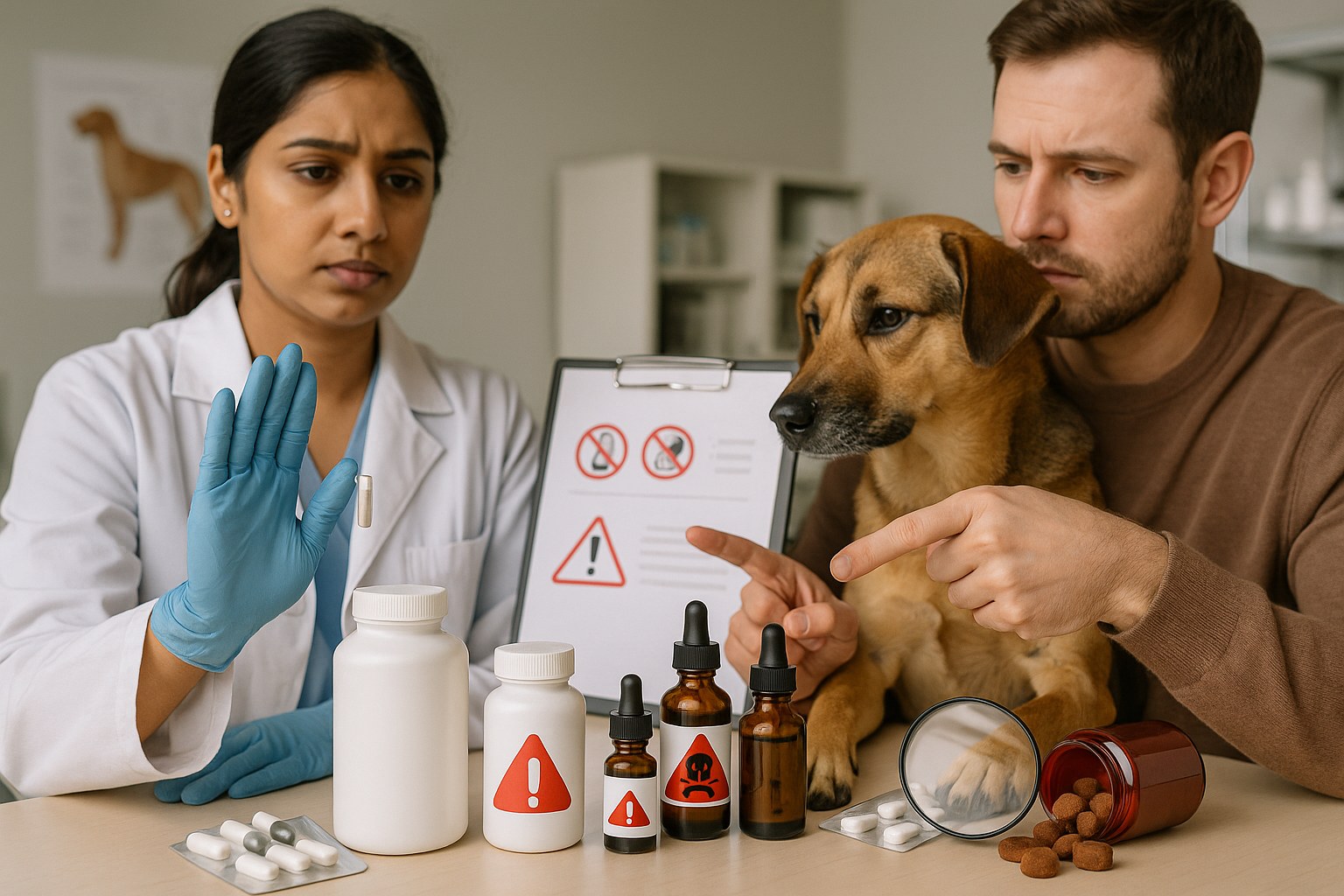When it comes to caring for our furry friends, pet owners are increasingly turning to supplements to boost their dogs’ health. However, not all supplements are safe, and certain dangerous trends in the dog supplement world could pose serious risks to your pet. Understanding these risks and making informed decisions can help ensure your dog’s safety and well-being.
Dog Food Additives to Avoid
Some dog food additives commonly found in supplements can be harmful. It’s important to read labels carefully and watch out for the following:
- Artificial Colors and Flavors: These chemicals are often added to make products look or taste more appealing, but they serve no nutritional purpose and can trigger allergic reactions or digestive issues in some dogs.
- Harmful Preservatives: Certain synthetic preservatives like BHA, BHT, and ethoxyquin have raised alarms due to their potential links to health problems ranging from allergies to cancer. Choosing supplements free from these is a safer option.
- Unregulated Fillers: Cheaper supplements often include fillers to bulk up the product without adding nutritional value. These can sometimes interfere with digestion or cause adverse reactions.
Common Supplements with Hidden Dangers
Even supplements that seem healthy can have hidden risks.
- Grain-Based Supplements: While some grains are nutritious, they can cause problems for dogs with grain sensitivities or allergies. It’s important to tailor supplements to your dog’s specific dietary needs.
- Synthetic Vitamins: Vitamins created in a lab often lack the complex array of nutrients found in whole foods. Natural vitamin alternatives sourced from whole foods tend to offer better bioavailability and fewer side effects.
The Deceptive Allure of “Miracle” Supplements
Marketing claims for supplements promising miraculous results—like joint restoration, cancer prevention, or enhanced cognitive function—can be misleading. These products may sound enticing, but the scientific evidence supporting their efficacy is often limited or absent.
Furthermore, over-supplementation is a real risk. Giving your dog multiple products with overlapping vitamins or minerals can lead to toxicity and nutrient imbalances that cause more harm than good. Always consult a veterinarian before combining supplements.
Potential Side Effects of Hazardous Ingredients
Some dog supplements contain ingredients that can cause allergic reactions, which may manifest as itching, swelling, or gastrointestinal upset. Long-term consumption of hazardous additives or supplements with unbalanced nutrient profiles can also lead to chronic health issues such as liver damage, kidney strain, or endocrine disruptions.
Safe Alternatives to Dangerous Supplements
- Whole Food Supplements: Products made from nutrient-rich, natural ingredients like fruits, vegetables, and herbs often provide a safer option. They harness nature’s complex nutritional profiles without relying on synthetic additives.
- Veterinary Consultation: Consulting with your veterinarian is essential before introducing any supplement to your dog’s diet. A vet can help identify your dog’s specific needs, recommend safe products, and monitor their health.
- Owner Education: Educate yourself by researching ingredients and understanding what goes into supplements. Look for transparent brands that clearly list all ingredients and sourcing information. Avoid products that rely on marketing buzzwords without scientific backing.
Conclusion: Prioritizing Safety in Your Dog’s Diet
Supplementing your dog’s diet can be beneficial when done thoughtfully and safely. Avoid dangerous trends involving synthetic additives, unregulated fillers, and miracle claims. Opt for natural, whole food-based supplements and always seek professional veterinary advice. Through careful selection and informed choices, you can support your dog’s health and happiness without compromising their safety.

